- Details
- Category: Senator Linda Holmes News
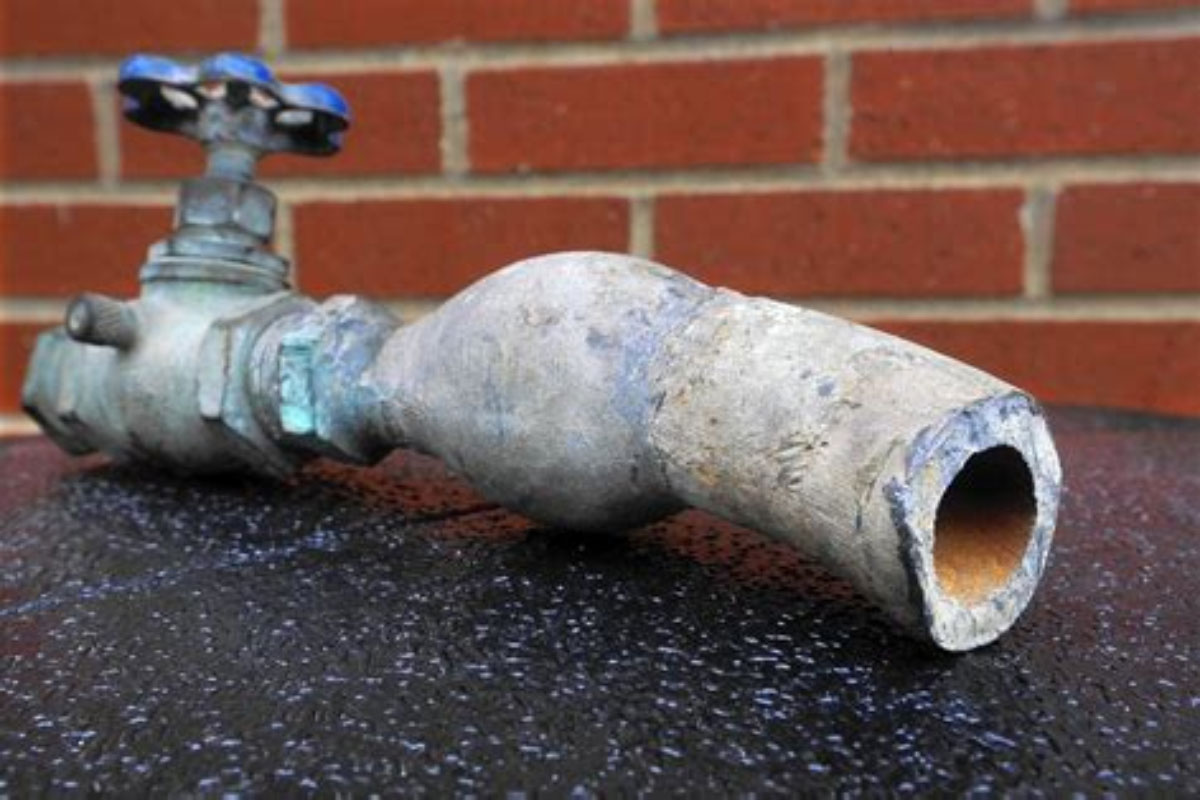 AURORA – An additional $4.5 million has been provided by the Illinois Environmental Protection Agency for Batavia’s ongoing lead water line replacement program, State Senator Linda Holmes announced Friday. The city will replace approximately 150 lead service lines in this second phase of lead service line replacement.
AURORA – An additional $4.5 million has been provided by the Illinois Environmental Protection Agency for Batavia’s ongoing lead water line replacement program, State Senator Linda Holmes announced Friday. The city will replace approximately 150 lead service lines in this second phase of lead service line replacement.
“Safe drinking water is necessary for the health and safety of every member of the community,” Holmes (D-Aurora) said. “Lead contamination poses serious health risks, particularly for children. This funding represents a considerable investment in clean, safe drinking water for all residents and protecting this essential resource for future generations.”
- Details
- Category: Senator Linda Holmes News
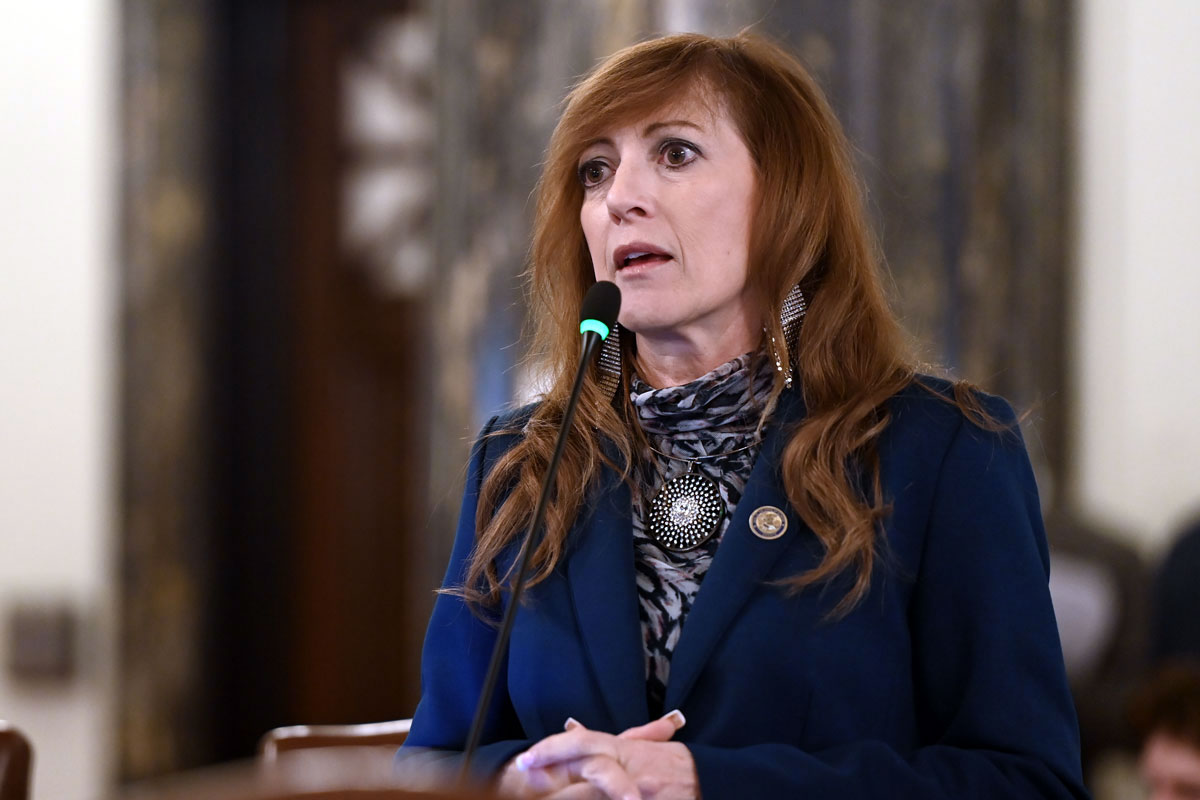 SPRINGFIELD – State Senator Linda Holmes’ legislation to require insurers to cover care for mental and emotional recovery for those suffering a miscarriage or stillbirth has been signed into law today.
SPRINGFIELD – State Senator Linda Holmes’ legislation to require insurers to cover care for mental and emotional recovery for those suffering a miscarriage or stillbirth has been signed into law today.
“Those who have faced the loss of an infant can cope with the trauma for the rest of their lives; it is often an overpowering shock,” said Holmes (D-Aurora). “This pain can trigger anxiety, stress and depression, and may lead to substance abuse.”
- Details
- Category: Senator Linda Holmes News
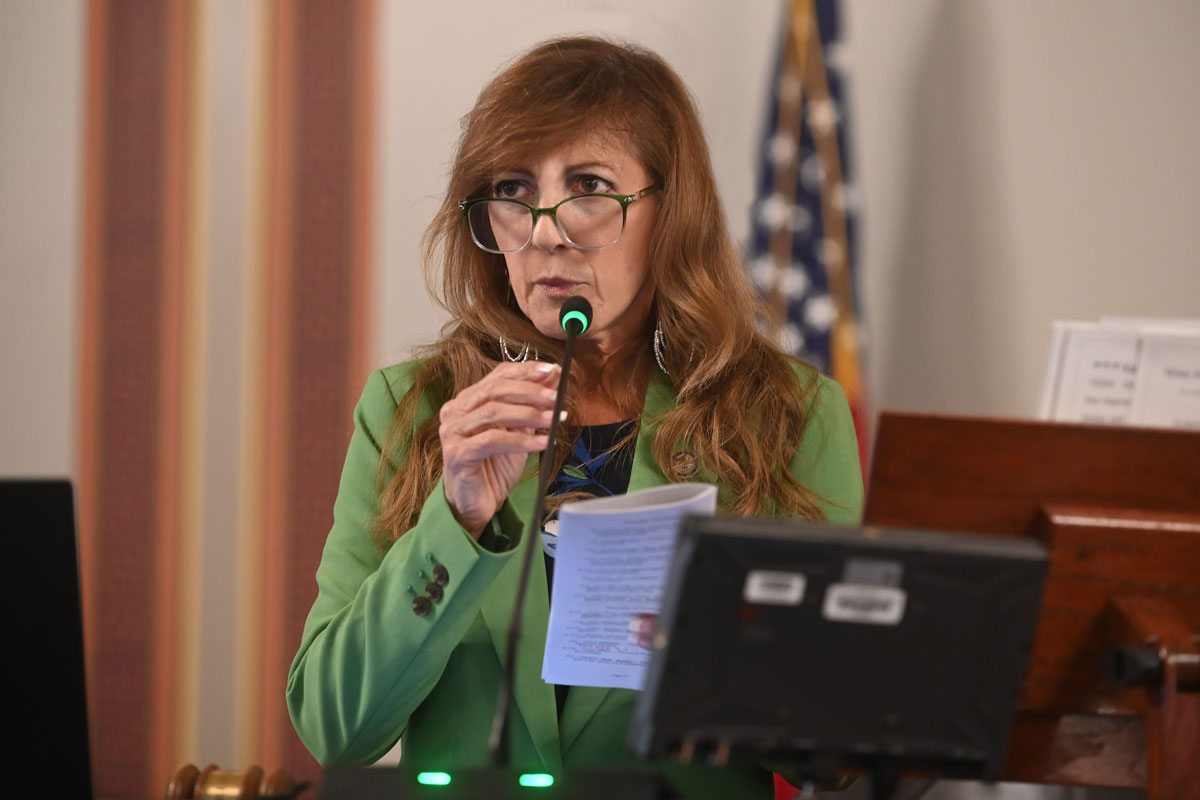 SPRINGFIELD – State Senator Linda Holmes advanced a measure through the Senate on Thursday that would require insurers to cover care for mental and emotional recovery for individuals who have experienced a miscarriage or stillbirth.
SPRINGFIELD – State Senator Linda Holmes advanced a measure through the Senate on Thursday that would require insurers to cover care for mental and emotional recovery for individuals who have experienced a miscarriage or stillbirth.
“So many who have experienced the loss of a child deal with the trauma for the rest of their lives; pregnancy loss in the case of stillbirth or a miscarriage is often an overpowering shock,” said Holmes (D-Aurora). “This grief can trigger anxiety, stress and depression, and may contribute to substance abuse.”
- Details
- Category: Senator Linda Holmes News
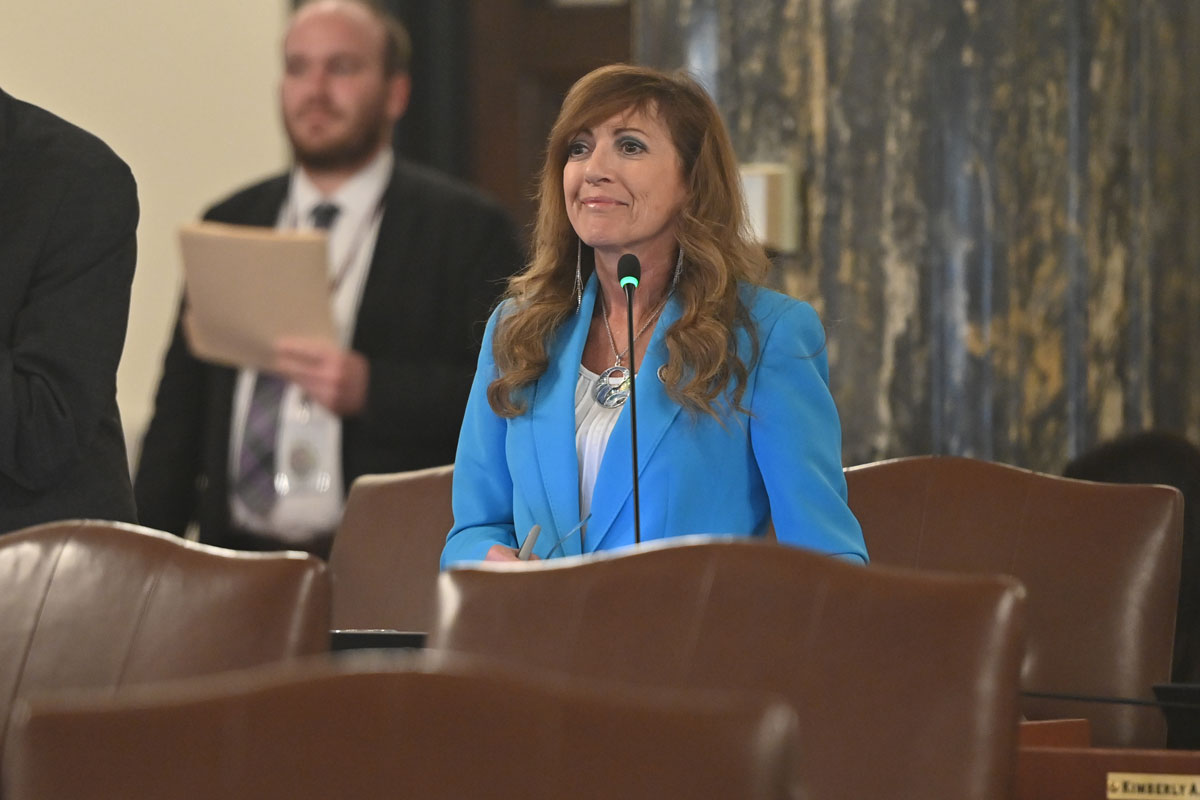 SPRINGFIELD – State Senator Linda Holmes’ effort in the Senate to ensure insurance coverage for treating menopause symptoms without regard to whether the onset was natural or surgical. Holmes’ measure, House Bill 5295, passed the Senate Thursday.
SPRINGFIELD – State Senator Linda Holmes’ effort in the Senate to ensure insurance coverage for treating menopause symptoms without regard to whether the onset was natural or surgical. Holmes’ measure, House Bill 5295, passed the Senate Thursday.
Menopause occurs when an individual’s estrogen and progesterone hormone levels start to fall. If it begins naturally, symptoms show up over time; if it is a result of surgery, those effects start and advance quickly after the procedure.
“In either event or at whatever age, hormonal changes can bring on complications that affect our overall health and well-being. As estrogen drops, bone density can decrease and cardiovascular risks can rise,” said Holmes (D-Aurora). “Menopause therapies are prescribed regardless of the onset reason and must be covered either way.”
Read more: Holmes advances inclusive insurance coverage for menopause relief treatment
- Details
- Category: Senator Linda Holmes News
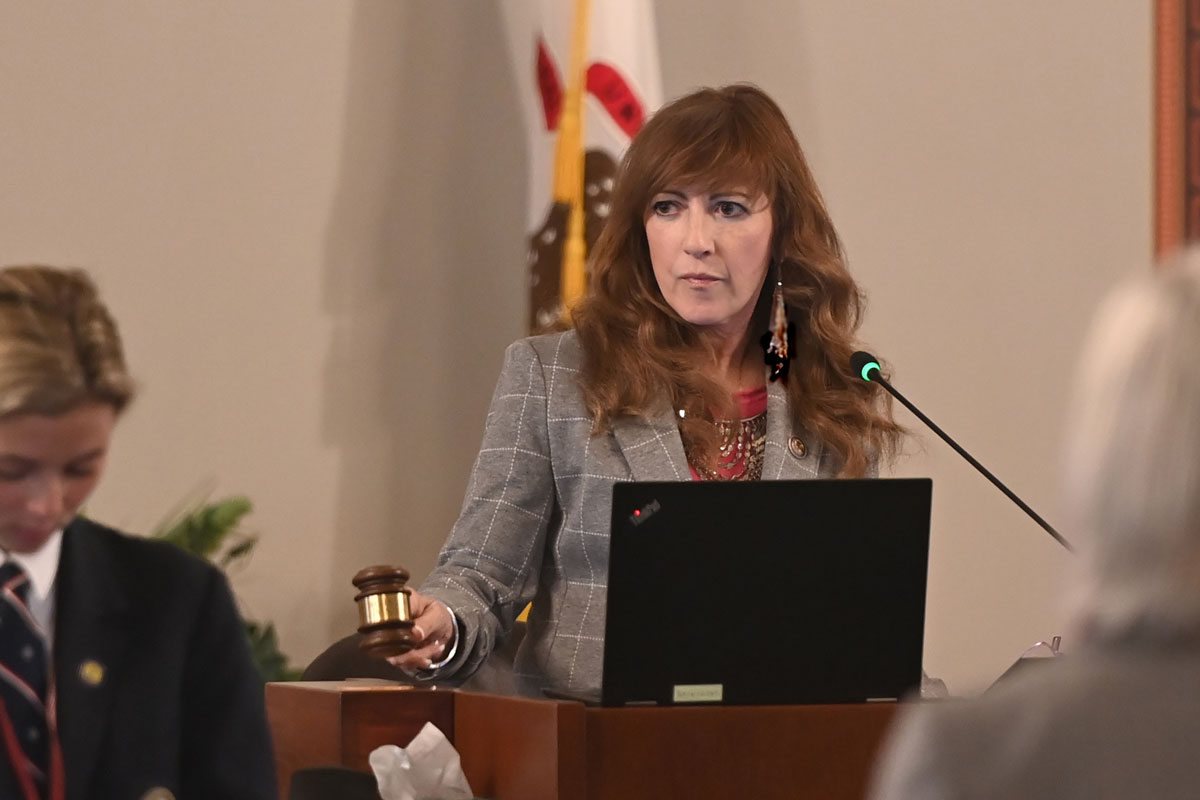 SPRINGFIELD – State Senator Linda Holmes is leading an effort in the Senate to establish insurance coverage for treating menopause symptoms without regard to whether the onset was natural or surgical. Holmes’ measure, House Bill 5295, passed the Senate Insurance Committee on Tuesday.
SPRINGFIELD – State Senator Linda Holmes is leading an effort in the Senate to establish insurance coverage for treating menopause symptoms without regard to whether the onset was natural or surgical. Holmes’ measure, House Bill 5295, passed the Senate Insurance Committee on Tuesday.
Menopause happens when an individual’s estrogen and progesterone hormone levels begin to fall. If it begins naturally, symptoms arise over time; if it is a result of surgery, those effects start very quickly after the procedure.
“In either event or at whatever age, hormonal changes can bring on complications that affect our overall health and well-being. As estrogen drops, bone density can decrease and cardiovascular risks can rise,” said Holmes (D-Aurora). “Menopause therapies are prescribed regardless of the onset reason and must be covered either way.”
Read more: Holmes advances insurance coverage for menopause relief therapies
- Details
- Category: Senator Linda Holmes News
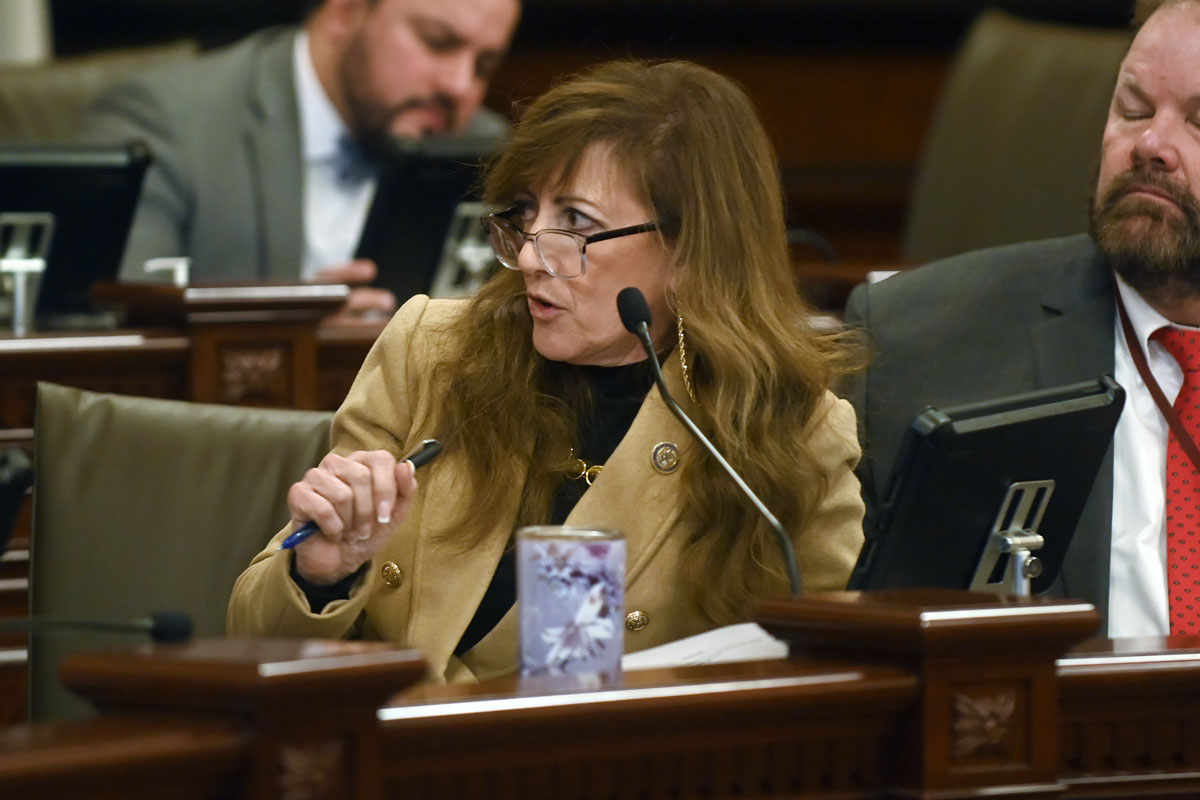 SPRINGFIELD – State Senator Linda Holmes advanced a measure through the Senate Insurance Committee on Tuesday that would require insurers to cover treatment for the mental and emotional effects for individuals who have experienced a miscarriage or stillbirth.
SPRINGFIELD – State Senator Linda Holmes advanced a measure through the Senate Insurance Committee on Tuesday that would require insurers to cover treatment for the mental and emotional effects for individuals who have experienced a miscarriage or stillbirth.
“For most expectant parents, pregnancy means happy preparations to welcome a healthy infant to their new family,” said Holmes (D-Aurora). “The shock and grief of an unexpected pregnancy loss can be overwhelming — it may trigger anxiety, stress and depression, and contribute to substance abuse.”
The Illinois Insurance Code currently requires coverage for mental, emotional, nervous or substance use treatments as they are under the federal Affordable Care Act. House Bill 5282 will explicitly add coverage for miscarriage or stillbirth in addition to the benefits already required by federal law.
- Details
- Category: Senator Linda Holmes News
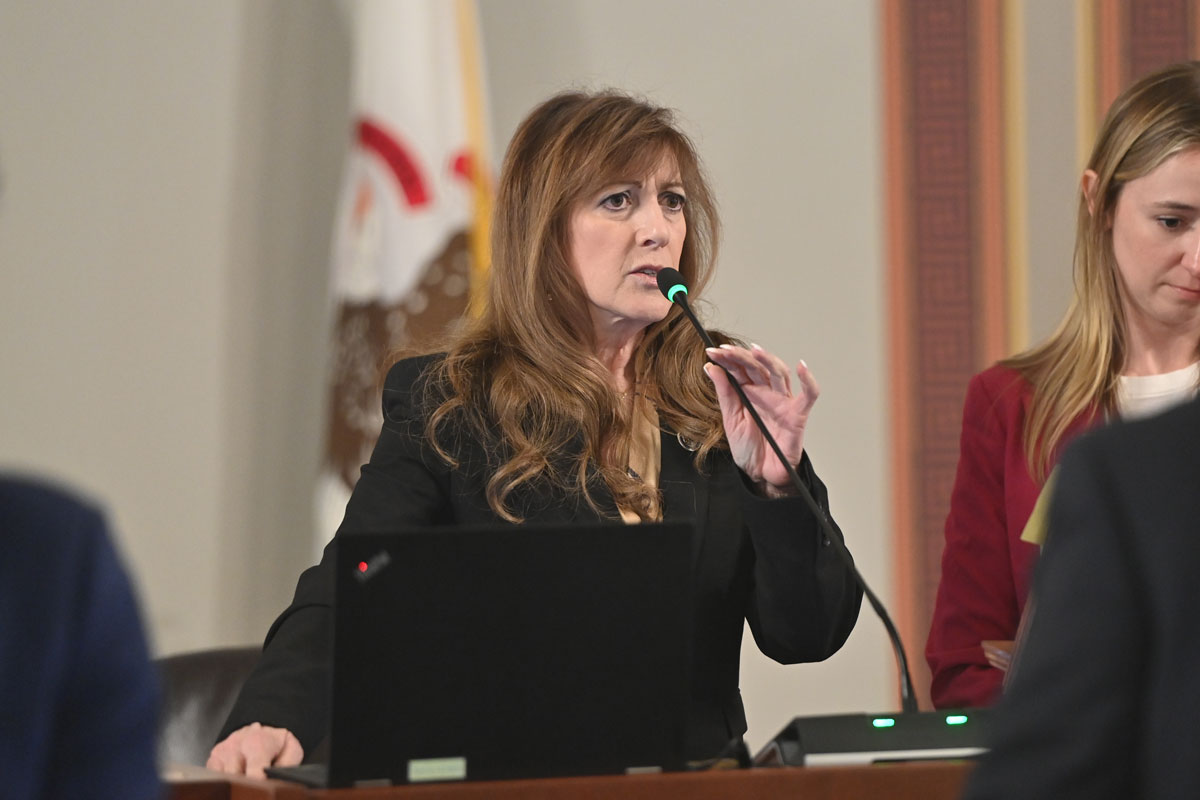 SPRINGFIELD – State Senator Linda Holmes—a leader with a successful track record of passing pro-consumer health care legislation—advanced a measure through the Senate Wednesday that would require insurers to document whether they have enough physicians and specialists to diagnose and treat their patients.
SPRINGFIELD – State Senator Linda Holmes—a leader with a successful track record of passing pro-consumer health care legislation—advanced a measure through the Senate Wednesday that would require insurers to document whether they have enough physicians and specialists to diagnose and treat their patients.
“When people go to the doctor, they expect they’ll get the care and urgency their condition calls for, but they often have to wait weeks or months for a diagnosis and treatment when they live in smaller communities,” said Holmes (D-Aurora). “They might suffer needless anxiety or fear waiting on help, simply because the network is understaffed.”
Read more: Holmes works to boost transparency in health insurance, document understaffed networks
- Details
- Category: Senator Linda Holmes News
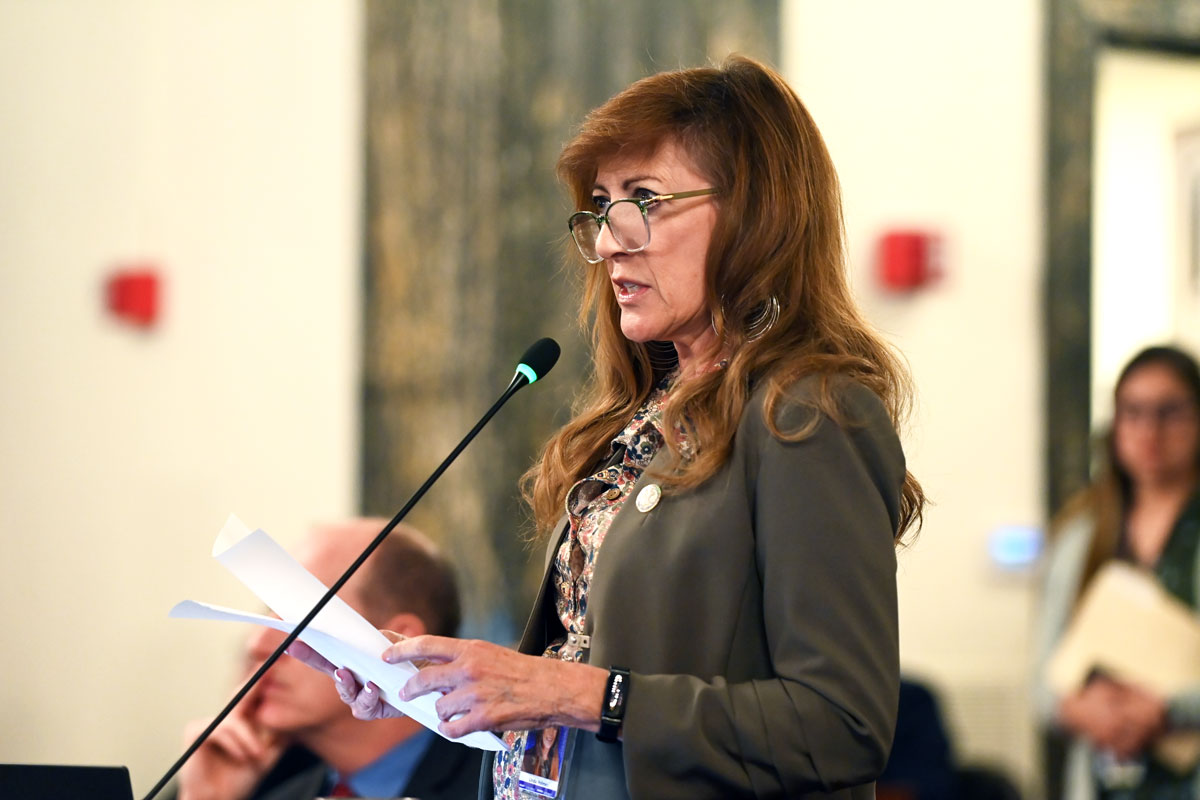 SPRINGFIELD – State Senator Linda Holmes wants all Illinoisans to learn more about Multiple Sclerosis and how it affects the lives of more than 20,000 individuals in the state, including their family, friends and loved ones. Worldwide, MS is thought to affect more than 2.3 million people.
SPRINGFIELD – State Senator Linda Holmes wants all Illinoisans to learn more about Multiple Sclerosis and how it affects the lives of more than 20,000 individuals in the state, including their family, friends and loved ones. Worldwide, MS is thought to affect more than 2.3 million people.
March is Multiple Sclerosis Awareness Month. As one of those 20,000 people in Illinois with MS, Holmes spoke of her experience on the Senate floor last week while presenting a Senate Resolution marking March 10-16 as MS Awareness Week in Illinois.
“There are a range of symptoms that vary in type and severity and, in time, may diminish or disappear, or persist and worsen,” said Holmes (D-Aurora). “MS is a continuous disease process that is influenced and driven by underlying mechanisms of central nervous system damage.”
MS generally strikes people between the ages of 20 and 50. The cause of this disease is unknown but is thought to be an immune-mediated disorder. While there are several treatments, no cure currently exists. Since 1946, the National Multiple Sclerosis Society has been a driving force in MS research, relentlessly pursuing prevention, treatments and cures, and it has invested more than $1 billion in research.
“Increased awareness of MS over time has resulted in more people being diagnosed,” Holmes said. “The good news is, no one has to face MS alone. Through the National MS Society, there are many resources available as a patient, parent or supporter of someone diagnosed with MS.”
The Senate adopted SR 699. To learn more about Multiple Sclerosis, visit the National Multiple Sclerosis Society and the Illinois Department of Public Health.
More Articles …
Page 2 of 20













 © 2026 Illinois Senate Democratic Caucus
© 2026 Illinois Senate Democratic Caucus